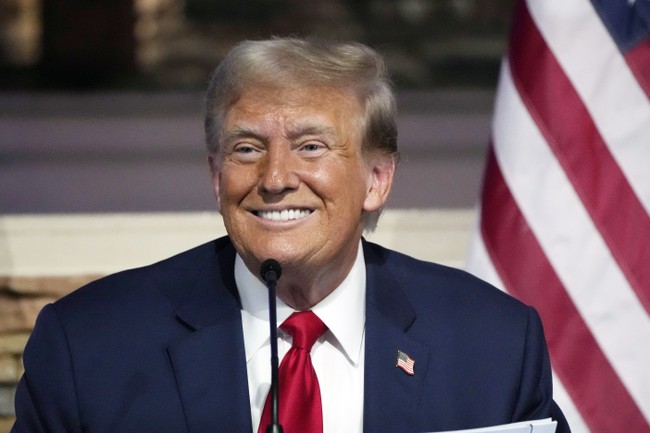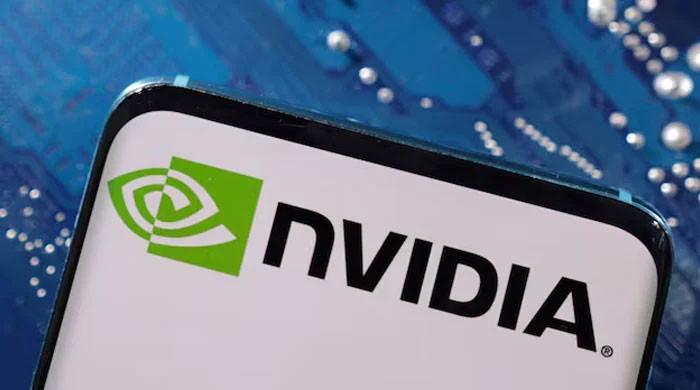Judge's Decision Alters Trump Georgia Case
A significant ruling by a Georgia judge reduces charges against Trump in the 2020 election interference case. Discover the implications and future proceedings.
Published September 13, 2024 - 00:09am

Image recovered from redstate.com
The legal landscape of the election interference case against former President Donald Trump has shifted significantly after a Georgia judge quashed three counts in the sprawling indictment. This ruling has offered a moment of respite for the embattled former president and his allies, but several challenges and uncertainties remain.
Georgia Superior Court Judge Scott McAfee's decision to dismiss two counts against Trump and one count against his co-defendants is grounded in jurisdictional issues, deeming that the alleged actions lie beyond the state's legal reach. The prosecution, led by Fulton County District Attorney Fani Willis, is now contending with a substantial reduction in the charges laid out in the initial indictment. However, the case remains very much alive, and Trump still faces eight counts, including charges that center around a broader racketeering scheme.
This case is one of four criminal prosecutions currently pending against Trump, making it a focal point of legal scrutiny as the former president makes another bid for the White House. The indictment originally comprised 41 counts against Trump and 18 other individuals, with accusations of a concerted effort to overturn the results of the 2020 presidential election in Georgia. The grand jury's decision in August 2023 highlighted the breadth of the alleged conspiracy, pointing to activities that purportedly sought to undermine the democratic process.
The reduction in charges comes after a series of legal maneuvers by Trump's defense team, who argued that the counts relating to the filing of false documents in a federal court fall outside state jurisdiction. Judge McAfee concurred, noting the potential overreach by state authorities into matters typically governed by federal jurisdiction. This juridical nuance has played a pivotal role in the dismissal of certain charges.
Reactions to Judge McAfee's ruling have been predictably polarized. Steven Sadow, Trump's lead attorney, heralded the decision as a 'victory' for the former president's legal team in Georgia, emphasizing their determination to continue fighting the remaining charges. Meanwhile, Trump's own response cast the entire suite of charges as fraudulent and politically motivated, a narrative he has consistently advanced both publicly and through various legal filings.
Despite the partial win, other charges, including the central racketeering allegations, remain robust. This particular charge posits that Trump and his associates engaged in coordinated efforts to pressure Georgia officials to alter the certified election results. Trump's legal strategy has also involved attempts to disqualify District Attorney Willis, with claims of a conflict of interest stemming from her personal connections with Nathan Wade, the special prosecutor she brought into the case. However, so far, these efforts have not succeeded in court.
While the Judge's recent order does provide some clarity, it does not mark the end of legal hurdles for Trump. The Supreme Court's ruling on presidential immunity, although yet to fully influence this case, may play a critical role in shaping the arguments and the eventual outcome. If Trump secures another term in office, questions surrounding the practicality and legality of prosecuting a sitting president will come to the fore, introducing unprecedented constitutional dilemmas. Conversely, if Trump does not succeed in his re-election bid, the legal battles are expected to intensify.
The political implications of this case are profound. Trump's base views these prosecutions as politically motivated attempts to undermine his candidacy, reinforcing his narrative of being a persecuted outsider fighting against an entrenched establishment. On the other side, many argue these legal actions reflect necessary accountability and adherence to the rule of law.
As it stands, the proceedings will continue, with the Georgia Court of Appeals scheduled to hear further arguments in December. This upcoming legal milestone will provide more insights into how this case will unfold as Trump continues his campaign. The fundamental questions of legal jurisdiction, the scope of presidential immunity, and the political ramifications of prosecuting a former president will undoubtedly keep this case in the public eye, promising continued debate and legal drama.
In summary, Judge McAfee's decision to quash certain charges in the Georgia election interference case represents a pivotal moment in a broader legal saga that encompasses significant constitutional, legal, and political dimensions. As the case progresses, it remains to be seen how these complexities will be resolved and what impact they will have on the 2024 presidential race.







